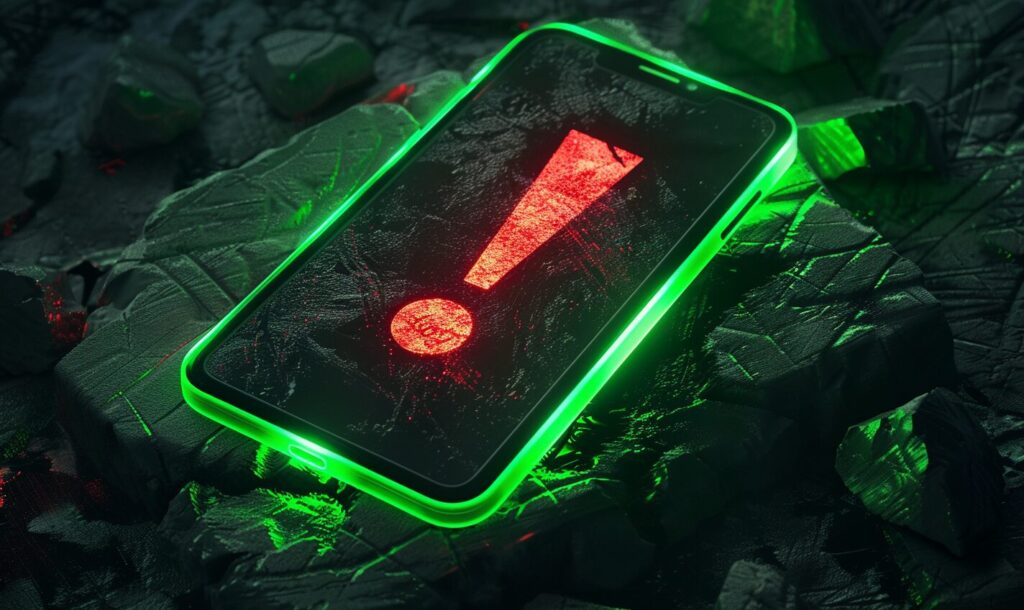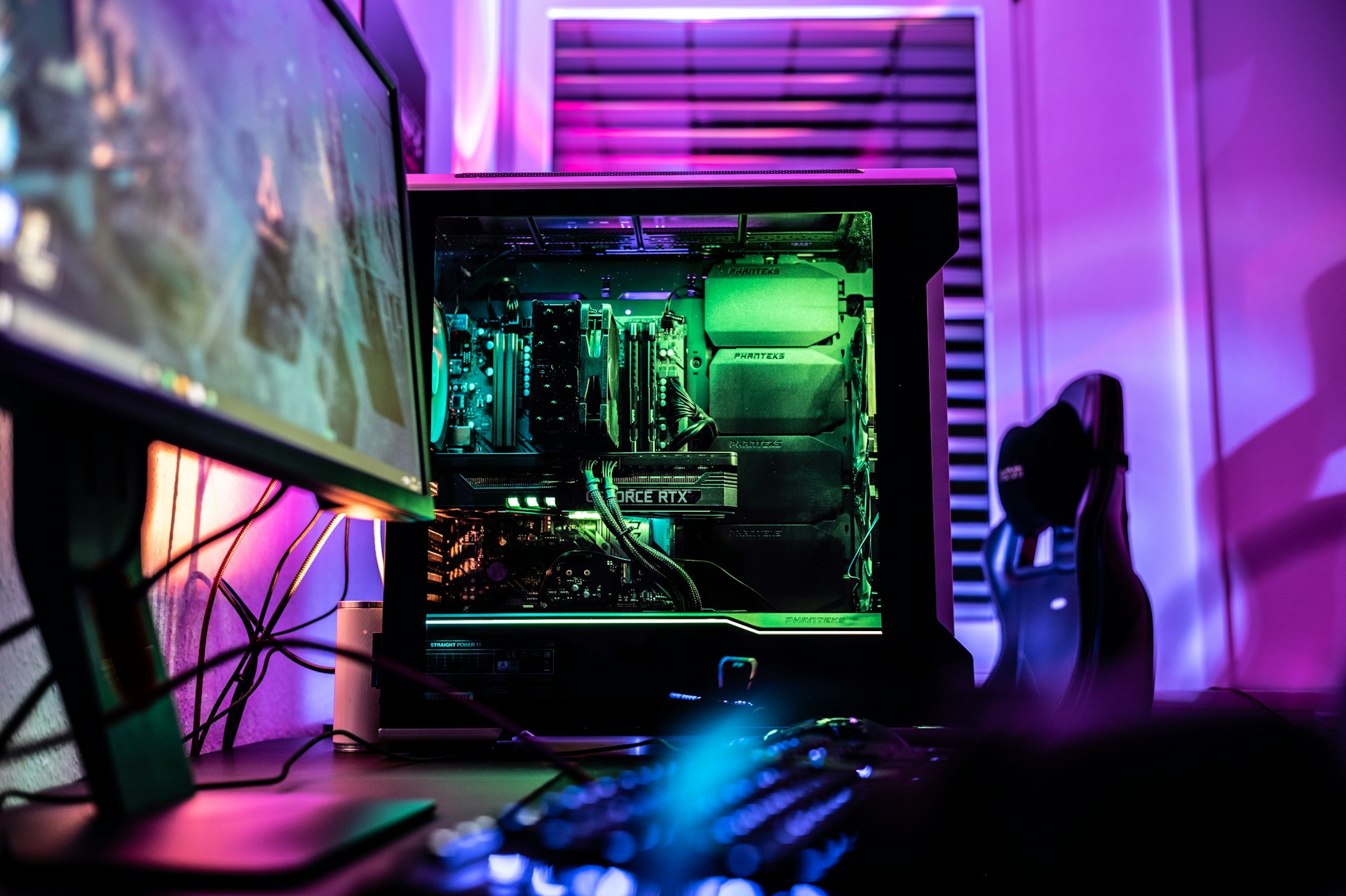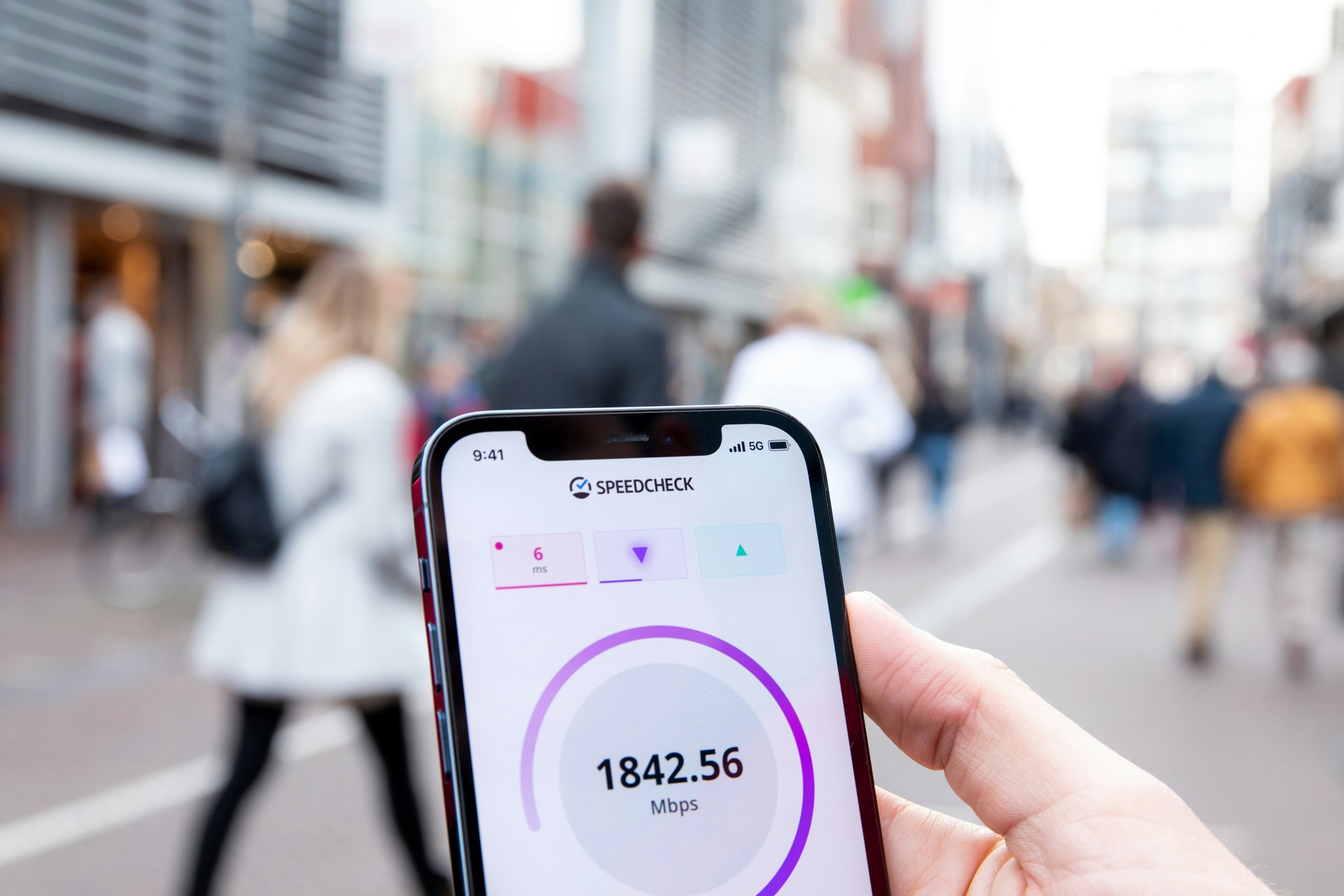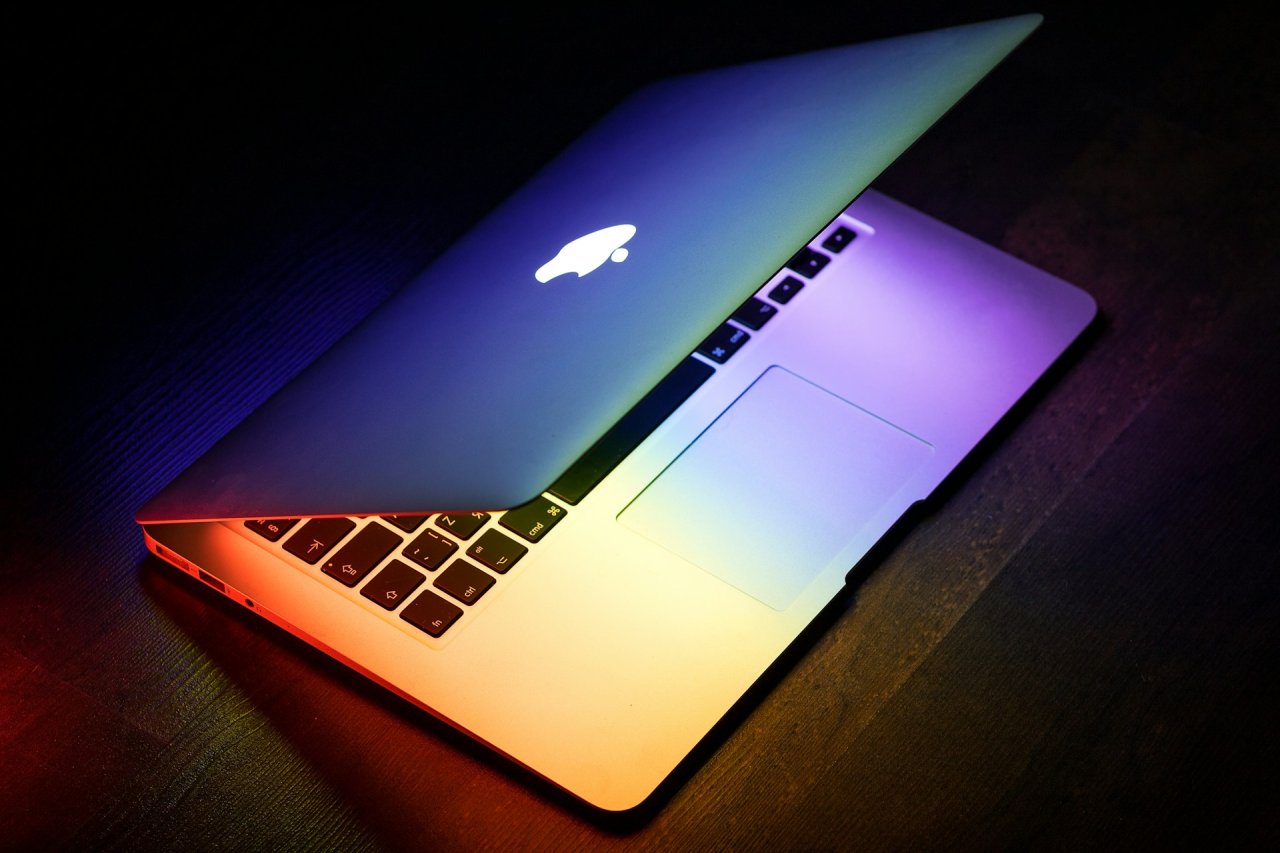If you want to get into photography, you may be weighing the pros and cons of a phone camera vs DSLR camera. Can smartphone cameras compete with pro-grade DSLR cameras? Which one is better value today? This guide explains the difference between phone cameras and DSLRs, the advantages of each and which one you should buy.
Phone Camera vs DSLR: Are They the Same?
DSLR stands for Digital Single-Lens Reflex. These are high-end cameras that combine a physical lens with an image sensor to digitally capture photos. Most professional photographers use DSLRs along with many content creators, YouTubers, streamers and even casual hobbyist photographers.
The camera technology you find on smartphones is not DSLR. A phone camera and a DSLR camera are completely different technologies. Phone cameras have much smaller sensors and fewer options you can customize and control. They are also not modular.
With a DSLR, you can swap out many different lenses to change the way the camera works. You can further refine how your photos look using settings on the camera and different photography techniques.
On a phone camera, you are typically limited to a few settings you can change such as aspect ratio and zoom. Some more advanced phones, like the latest-gen iPhones, have built-in shooting “modes” that somewhat resemble the flexibility of a DSLR. Still, you are limited to the shooting modes Apple provides in its camera app. Essentially, most customization you would have on a phone camera is automated or restricted to make the camera easy to use.
So, which one of these is better for photography? Phone cameras and DSLRs can both be great for taking photos, they’re just better in different situations.
Advantages of a Phone Camera
Phone cameras can vary dramatically. Some phone cameras come nowhere close to the performance and quality of a DSLR while others, like the iPhone 15 Pro, really blur the lines. So, it’s important to note that the specific phone you’re using makes a huge difference when comparing a phone camera vs DSLR.
That said, phone cameras can have a few advantages over DSLR cameras, including:
- Convenience
- Ease of use
- Affordability
Arguably the biggest advantage of a phone camera is convenience. DSLR cameras are far more bulky than a smartphone, so you won’t want to carry one around with you everywhere. With a phone camera, you can easily whip out your phone whenever you want to take a quick shot.
Convenience is also related to the next big advantage of a phone camera: ease of use. This is where DSLRs and phone cameras really diverge. Phone cameras may have less functionality and customization capabilities than a DSLR, but they are far easier to use as a result. You can open up the camera app on any smartphone and rest assured you’ll be able to take a relatively good photo with little to no effort.
Affordability: Who’s the Real Winner?
Finally, a phone camera can be more affordable than a DSLR, although this category has a lot of overlap. For instance, one of the best smartphone cameras on the market today is found on the iPhone 15 Pro, which retails for about $1000. Meanwhile, one of the most popular low-end DSLR cameras, the Canon EOS Rebel, can be found for about $300 or $400.
So, the high end of what you could spend on a top phone camera is around $1000 and the low end of what you could spend on a basic DSLR is around $400. Which is better value?
Well, it’s important to consider camera quality and what you’re getting for your money. The iPhone 15 Pro’s camera performs on par with much higher quality DSLR cameras than the basic Canon Rebel. It is very, very difficult to tell the difference between footage from an iPhone 15 Pro and footage from a DSLR.
You could get a great DSLR for the same price as the iPhone 15 Pro… but you would only be getting a camera. The iPhone can do a lot more and it’s more convenient to use and transport. So, it’s better value for most people to spend $1000 on a high-end phone camera rather than a dedicated DSLR because you would also still need to have a phone, making the full package effectively cost more.
Advantages of a DSLR Camera
Phone cameras have some impressive features, but there are still a few areas where DSLRs have an advantage:
- Modularity
- Control
- Quality
- Value
Modularity is one of the best traits of DSLR cameras. The ability to swap out your lens and customize your hardware is really a game changer when you get beyond the most basic photography. It allows you to grow your skills without buying a new camera every year or two. Different lenses can really expand what even a basic DSLR is capable of, something that’s not possible with a phone camera.
Another huge advantage of DSLRs is control. You can control and customize virtually everything on a DSLR. Tweaking settings can completely change the look of your photos. While understanding and utilizing all of the settings and features of a DSLR is challenging, it does give you a much better understanding of photography. It also allows you to really fine-tune how your photos look. Phone cameras automate everything and allow very little control and customization.
Finally, the quality and value of DSLR cameras can be better than some phone cameras. A low-end or even mid-range phone camera won’t compete with a low-end DSLR. For instance, the Canon EOS Rebel can definitely give you better photos than a similarly priced smartphone camera.
Plus, at the high end there’s a big quality gap. There’s a reason professional photographers and filmmakers are still using DSLRs. They produce sharper, higher quality images that smartphones just can’t compete with. If you have a low-end smartphone, buying a budget DSLR camera may be more affordable than buying a new phone while also giving you a better camera than what your current phone can offer.
Who Should Use a Phone Camera or DSLR?
So, there is some overlap between phone cameras and DSLR cameras, but they are different technologies. High-end phone cameras can perform similarly to DSLR cameras. However, a phone can do many things while a camera can only do one thing, which is important to note since DSLR cameras can cost as much or more than a good smartphone.
That said, DSLR cameras do have a higher performance ceiling than phone cameras. A top-tier DSLR camera can still blow even the best phone camera out of the water. If you know how to use a DSLR, you can maximize the capabilities of all the different settings a DSLR allows you to customize. Learning how to use those can be very difficult, though, and a top-tier DSLR costs thousands of dollars.
So, the decision about a phone camera vs DSLR camera comes down to a few main differences. If you want to save money, having a dedicated camera probably isn’t the way to go. You can get a smartphone with a very good camera on the used market for as much or less than a low-end DSLR.
Likewise, if you just want to casually take photos or find the complexity of a DSLR intimidating, you should go with a smartphone with a good camera. Even if you have a budget of $1000 or more, a high-end smartphone like the iPhone 15 can deliver footage as good or better than many DSLRs without all the hassle.
That said, you should purchase a DSLR if you want to pursue professional photography or high-end hobby photography. A DSLR will have a learning curve, but you will become a better photographer through that process. You’ll also be able to eventually take much better photos than a typical smartphone camera can take. It just won’t necessarily be as convenient.
Phone Cameras vs DSLR Cameras: Conclusion
Ultimately, both phone cameras and DSLRs can take great pictures. High-end phone cameras are catching up to DSLRs, but low-end phone cameras are still inferior to DSLRs. Likewise, the top DSLR cameras are still better than even the best smartphone cameras. So, there is some overlap, but DSLRs are better at either extreme. For most people, a phone camera is easier to use, which is a fair tradeoff. However, professionals or aspiring photographers should still opt for a DSLR.
Recent Stories
Follow Us On
Get the latest tech stories and news in seconds!
Sign up for our newsletter below to receive updates about technology trends














